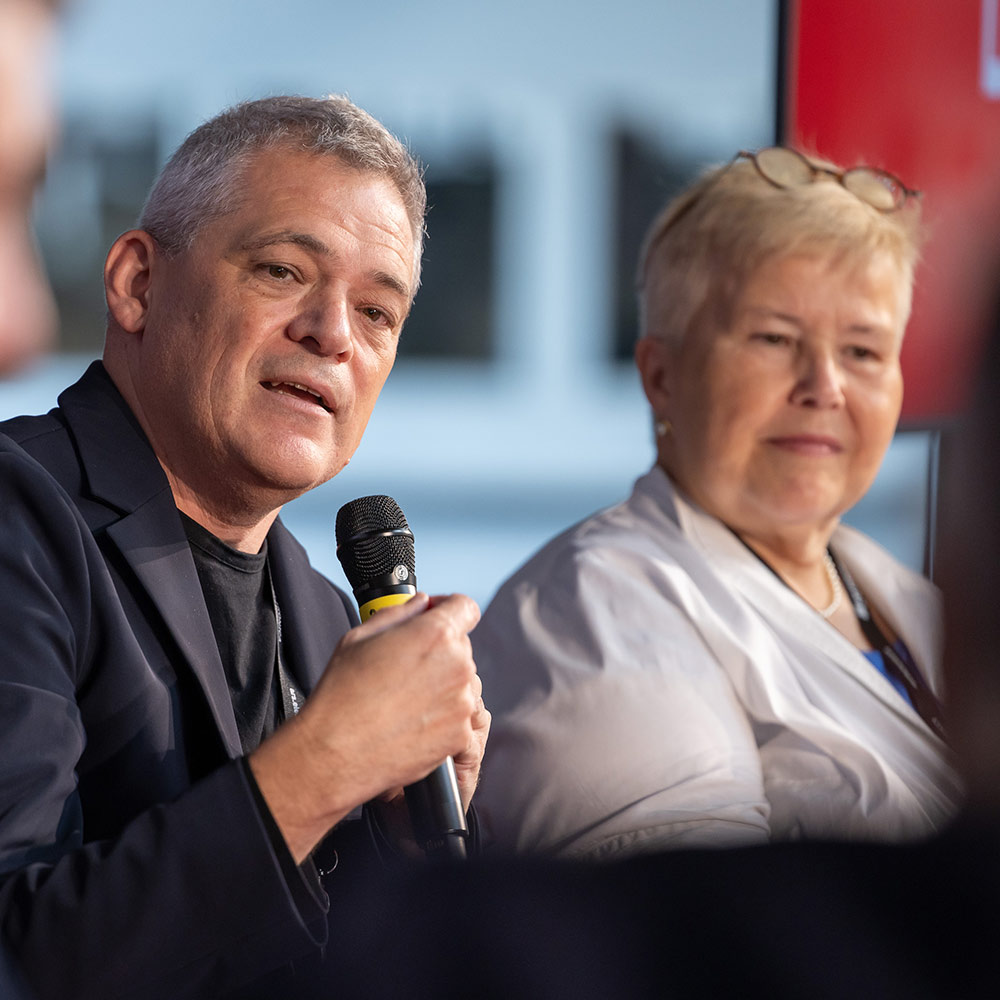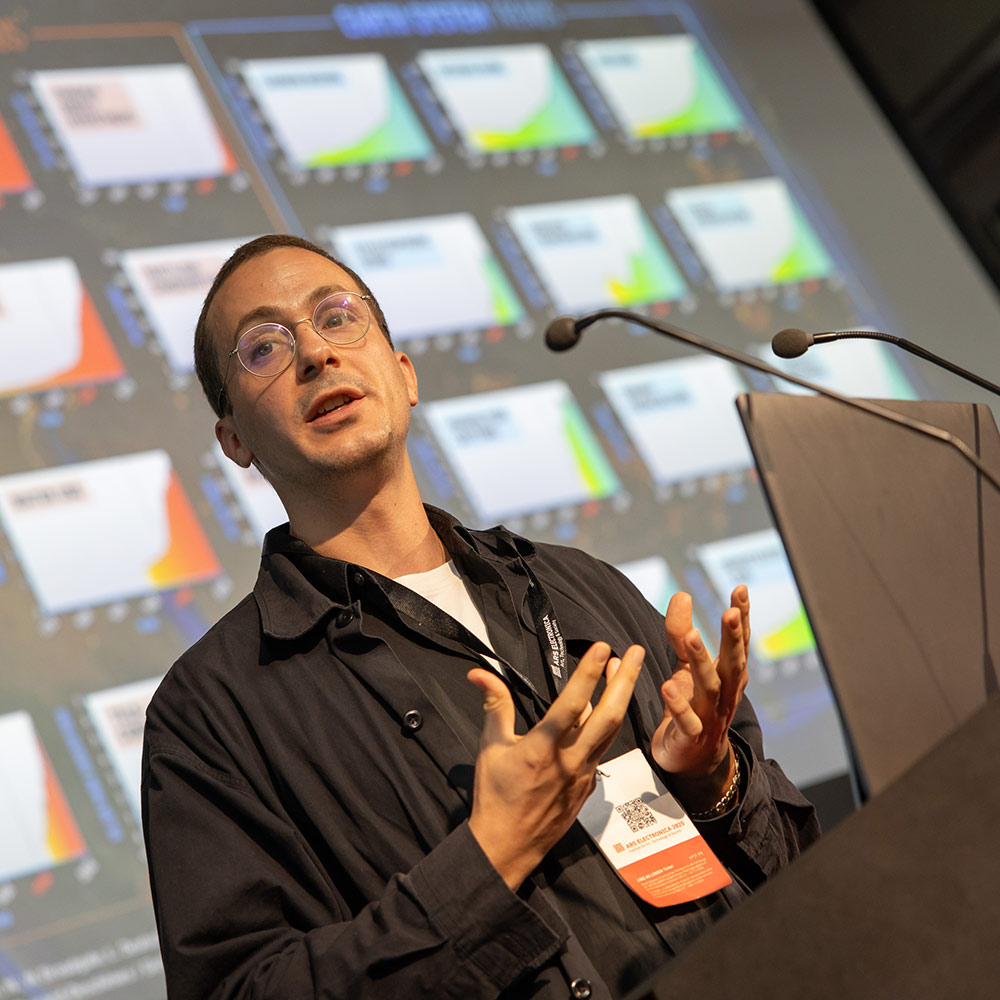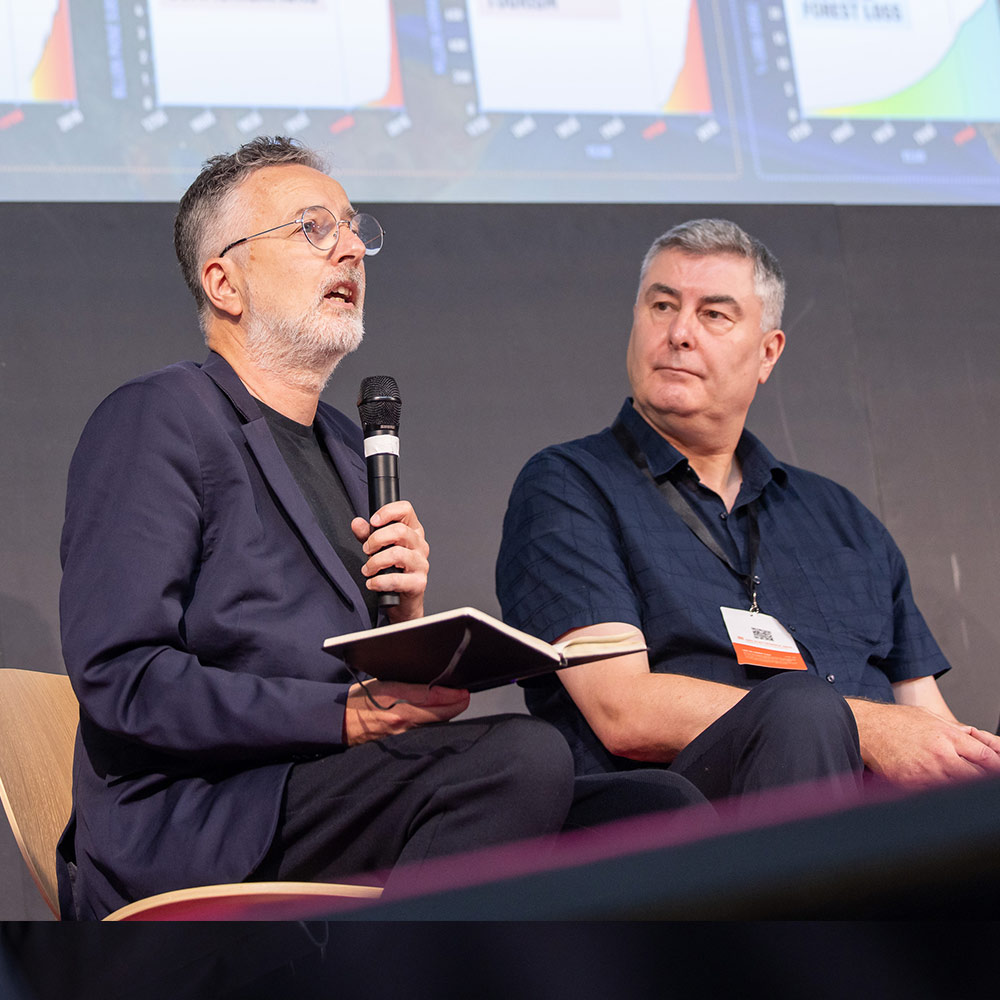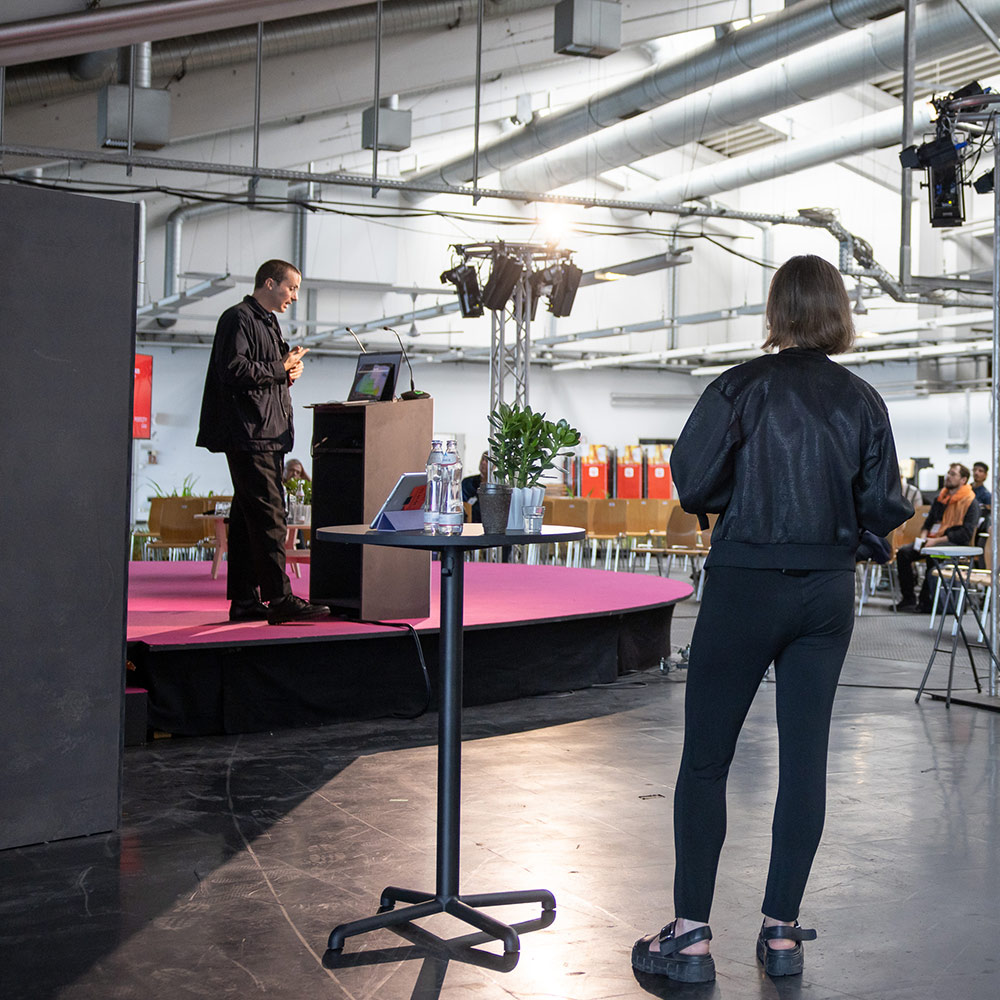How does what we know about the world influence how we act in it? Earth Is a Sensorium responds to this question by examining a crucial example: the Great Acceleration. The Great Acceleration demonstrates that seemingly unrelated phenomena such as ocean acidification, Gross Domestic Product, paper consumption, and even McDonald’s restaurants, all have one thing in common: an exponential increase beginning in the mid-20th Century. It was this insight that underpinned subsequent efforts to define our current geological epoch as one determined by profound human influence: the Anthropocene.
Now, over ten years since the original publication of the Great Acceleration hypothesis, this panel asks what we can learn from the impact these initial charts have had on how scientists interact in and with society. Following an introductory lecture performance, the panel discusses what it might mean to update the Great Acceleration charts; not simply to extend the axes to the present day, but to do so in a way that attends to the impact the thesis they illustrate has had on the institutions, publics, and imaginaries it is both a part of and also forms. Inviting leading voices across social sciences, natural sciences, humanities, and art, Earth Is a Sensorium develops interdisciplinary dialogue as a social practice.







